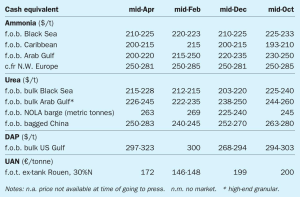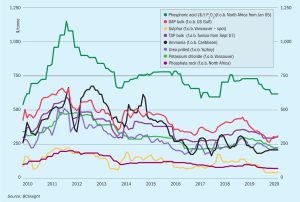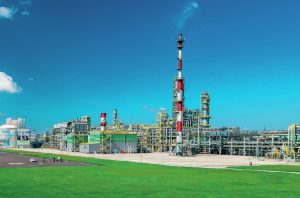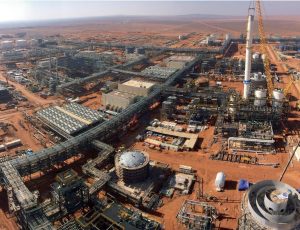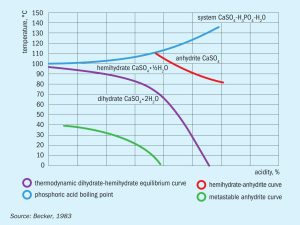
The new normal
The devastating effects of the Covid-19 pandemic continue to be felt around the world. At time of writing, nearly 4 million cases have been recorded, and at least a quarter of a million people have died, with the suspicion of many more, either from accidental or deliberate undercounting. Figures for excess deaths above a normal seasonal baseline show that places such as Turkey, Ecuador and Indonesia have probably been far worse affected than the official statistics show. There are nevertheless finally hopeful signs that Europe, so far the worst affected region, is beginning to follow the pattern of East Asia and Oceania and that cases are falling. The infection also seems to have peaked in North America, though in the US there is a long tail of infections. Elsewhere, cases are still rising in countries such as Brazil and Mexico.

